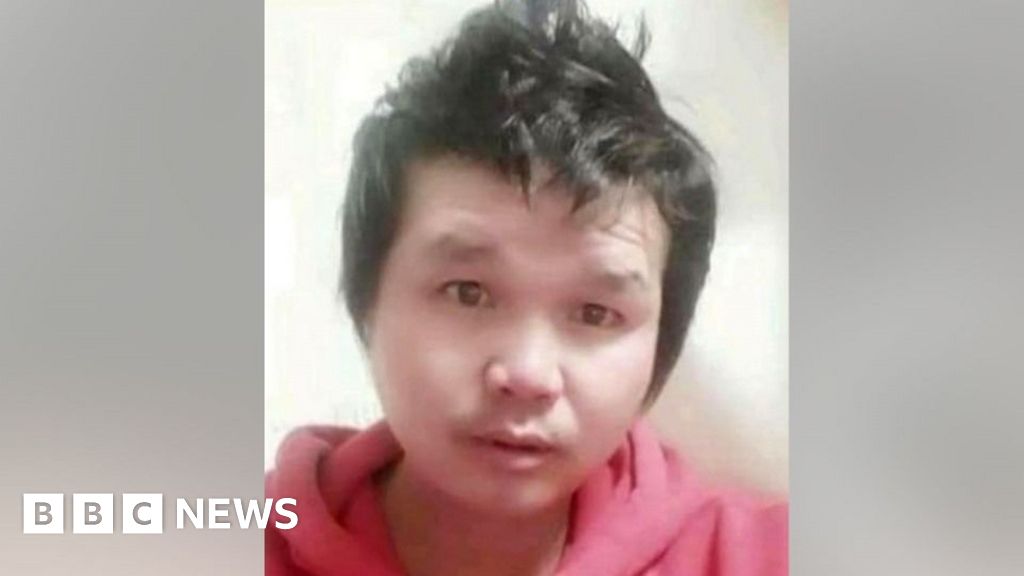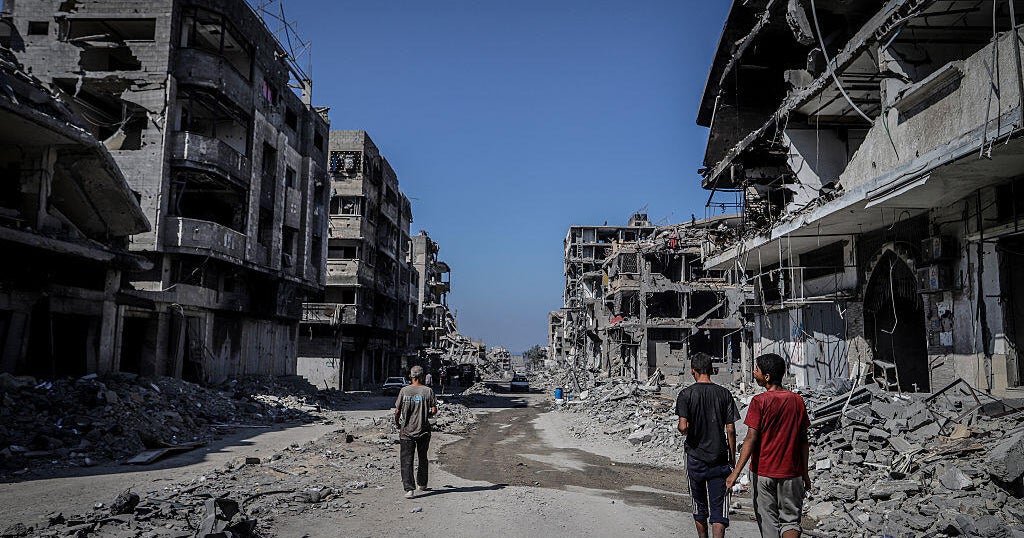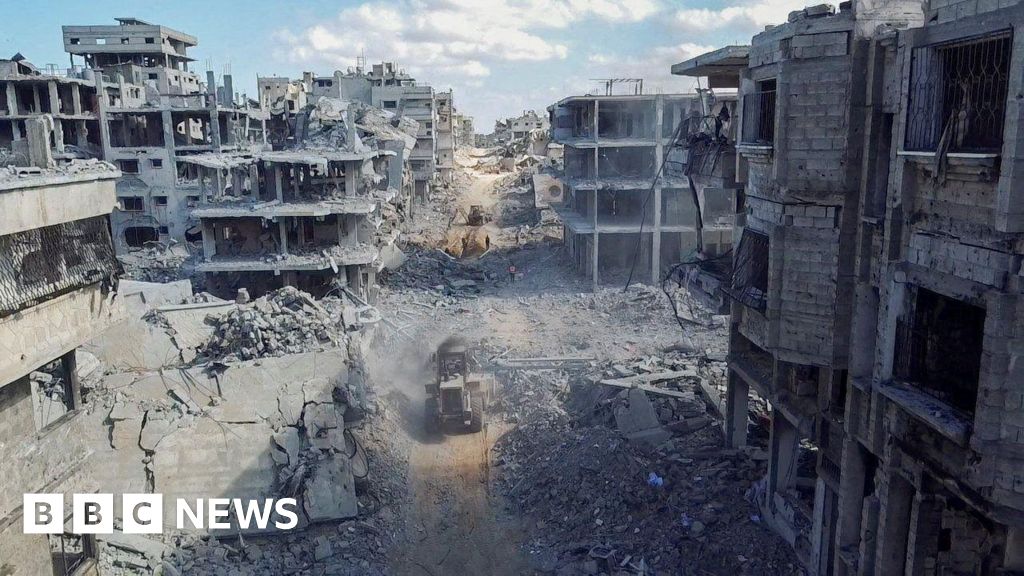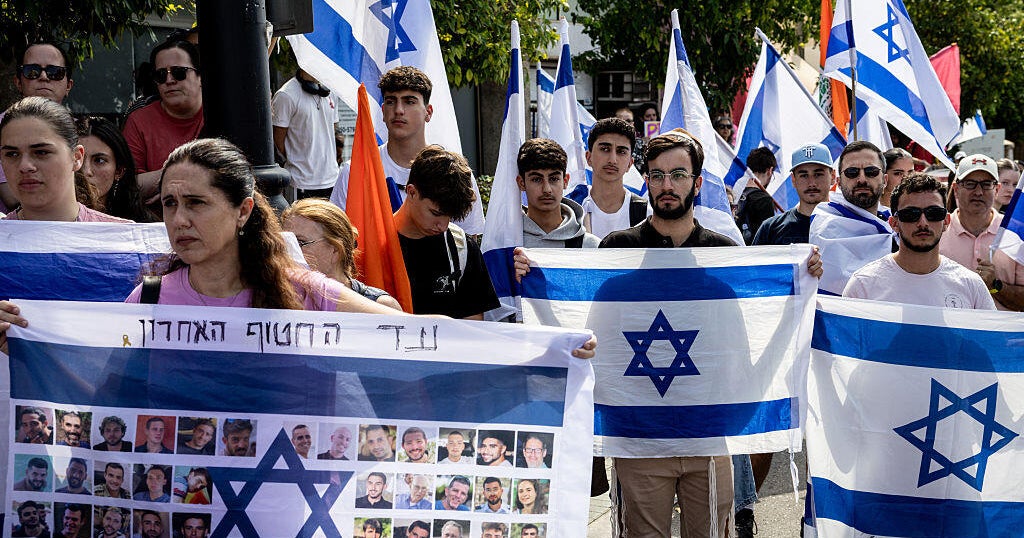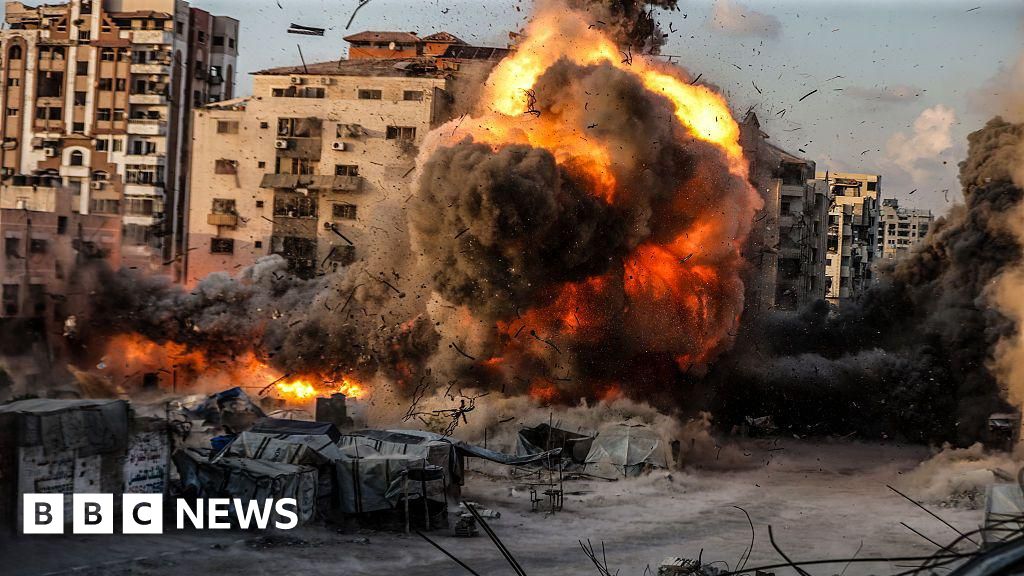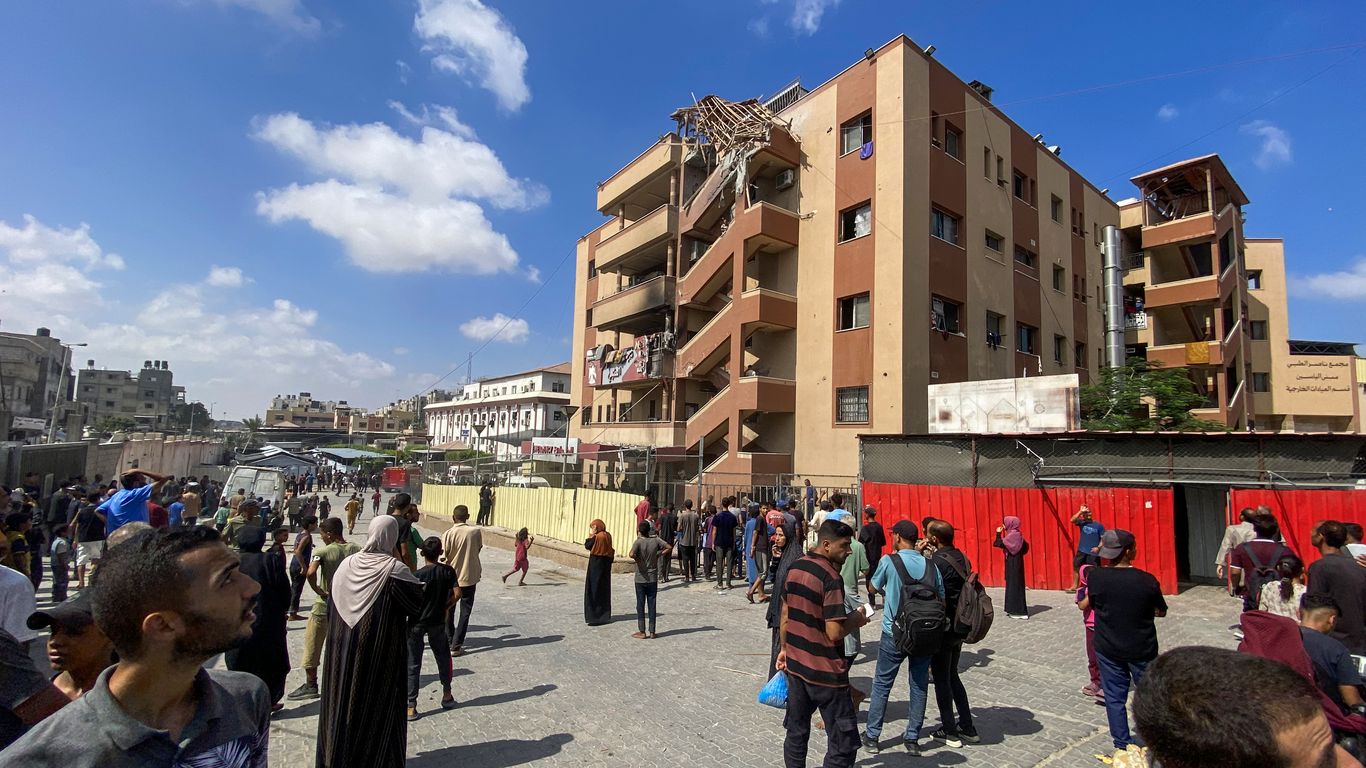Israeli Forces Target and Kill Hamas Leader Yahya Sinwar
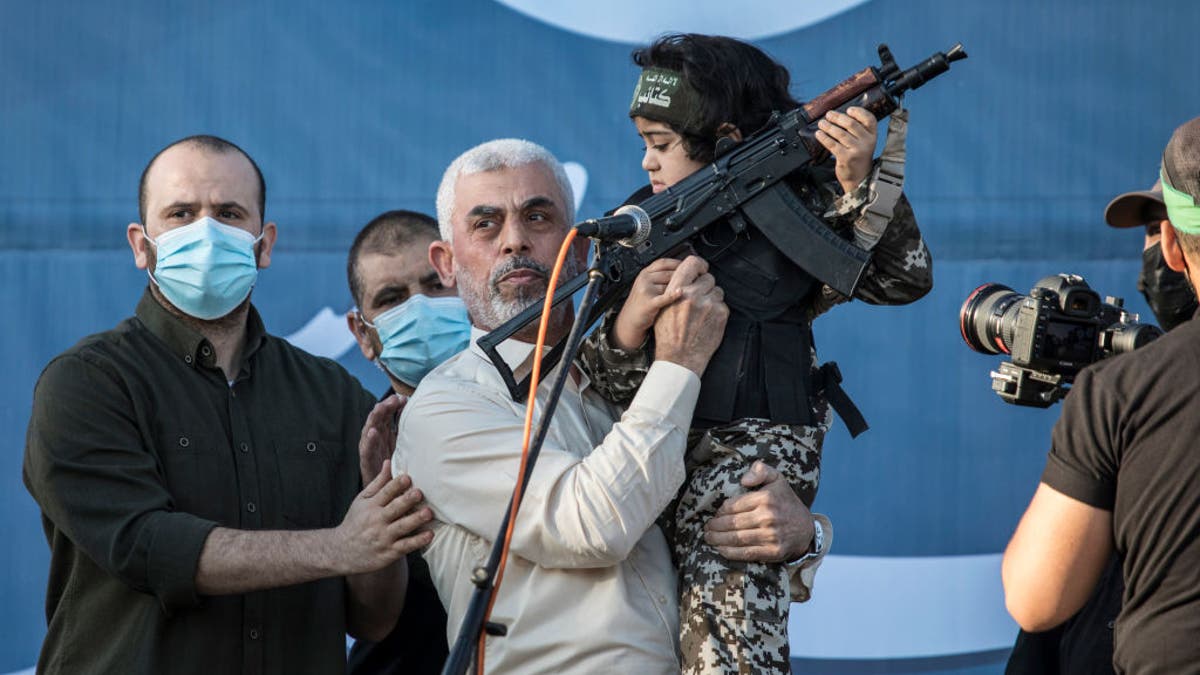
About the People Mentioned
Mohammed Sinwar
Mohammed Sinwar, born in 1975 in the Khan Younis refugee camp in the Gaza Strip, was a prominent Palestinian militant and the younger brother of Yahya Sinwar, a former leader of Hamas[3][4][7]. His family, like many in Gaza, were refugees displaced during the 1948 Arab-Israeli War[4]. Raised under the influence of Hamas co-founder Abdel Aziz al-Rantisi, Mohammed joined Hamas’s military wing, the Izz al-Din al-Qassam Brigades, in the early 1990s and quickly rose through its ranks[1][2]. He became known for operating "behind the scenes," earning the nickname "Shadow" for his ability to evade Israeli intelligence while building influence within the organization[1][2]. Sinwar played significant roles in both Palestinian uprisings, participating in the First Intifada and planning attacks during the Second Intifada[1][3]. He was arrested multiple times by Israeli and Palestinian authorities, spending years in detention, but always returned to militant activity upon release[1][2][3]. By 2005, he was publicly identified as commander of the Khan Younis Brigade, a position he reportedly held until at least 2016[1][2][3]. Sinwar was also involved in the 2006 cross-border raid that captured Israeli soldier Gilad Shalit, whose eventual release in 2011 was secured in exchange for over a thousand Palestinian prisoners, including his brother Yahya[3][4]. Throughout his career, Sinwar was considered a key planner of Hamas’s military operations and was reportedly more hardline than his brother[3]. Israel made at least six attempts to assassinate him, reflecting his perceived threat level[3]. After Yahya Sinwar was killed by Israeli forces in October 2024, Mohammed was appointed Hamas’s new leader in Gaza in January 2025, tasked with rebuilding the group’s strength amid ongoing conflict[6]. However, Mohammed Sinwar was killed in an Israeli airstrike in Khan Younis in May 2025[3]. His death marks the end of a decades-long involvement in Hamas’s armed struggle against Israel, during which he became one of the group’s most influential and elusive military figures.
About the Organizations Mentioned
Hamas
**Hamas** is a Sunni Islamist Palestinian nationalist organization that functions both as a political party and a militant group, primarily operating in the Gaza Strip, which it has governed since 2007. Founded in 1987 by Ahmed Yassin amid the First Intifada, Hamas emerged from the Muslim Brotherhood and initially had covert Israeli support as a counterweight to the secular Palestinian Liberation Organization (PLO)[3][1]. It combines political governance with an armed wing, the al-Qassam Brigades, committed to armed resistance against Israel, which it refuses to recognize as a legitimate state[1][3]. Hamas’s political rise culminated in a 2006 electoral victory in the Palestinian Legislative Council, campaigning on anti-corruption and resistance platforms. After violently seizing Gaza from the rival Fatah faction in 2007, Hamas has maintained de facto control there despite international isolation and blockades imposed by Israel and Egypt[3]. Its governance has been marked by repeated conflicts with Israel, including major wars in 2008–09, 2012, 2014, 2021, and the ongoing intense conflict triggered by Hamas’s surprise October 2023 attack killing nearly 1,200 Israelis and taking hostages[1][2][3]. Hamas benefits from regional support, especially from Iran, which supplies funding and weapons, as well as financial and political backing from Turkey and Qatar. These alliances form part of a broader "axis of resistance" against Israel, which includes groups like Hezbollah and Palestinian Islamic Jihad[2]. Hamas also operates fundraising networks globally, sometimes using charities as fronts to support its military activities[4]. The group is designated a terrorist organization by many countries, including the United States, which has increased military aid to Israel following recent escalations[2][6]. Despite modifying its 1988 charter in 2017 to soften some language, Hamas continues to reject Israel’s legitimacy and pursues all forms of resistance[1]. Its enduring political

